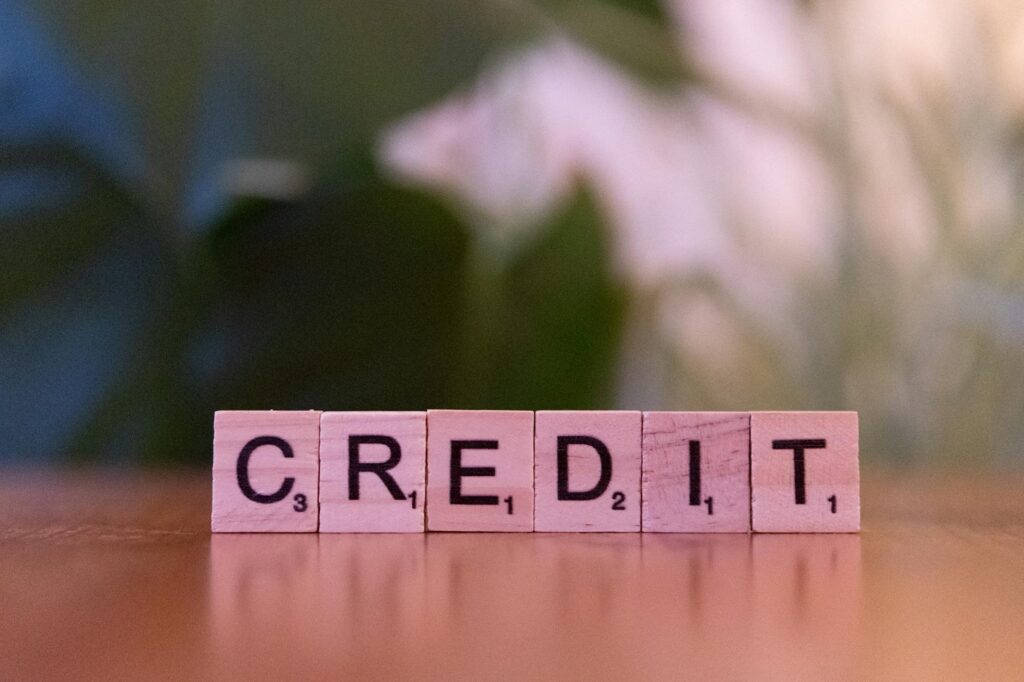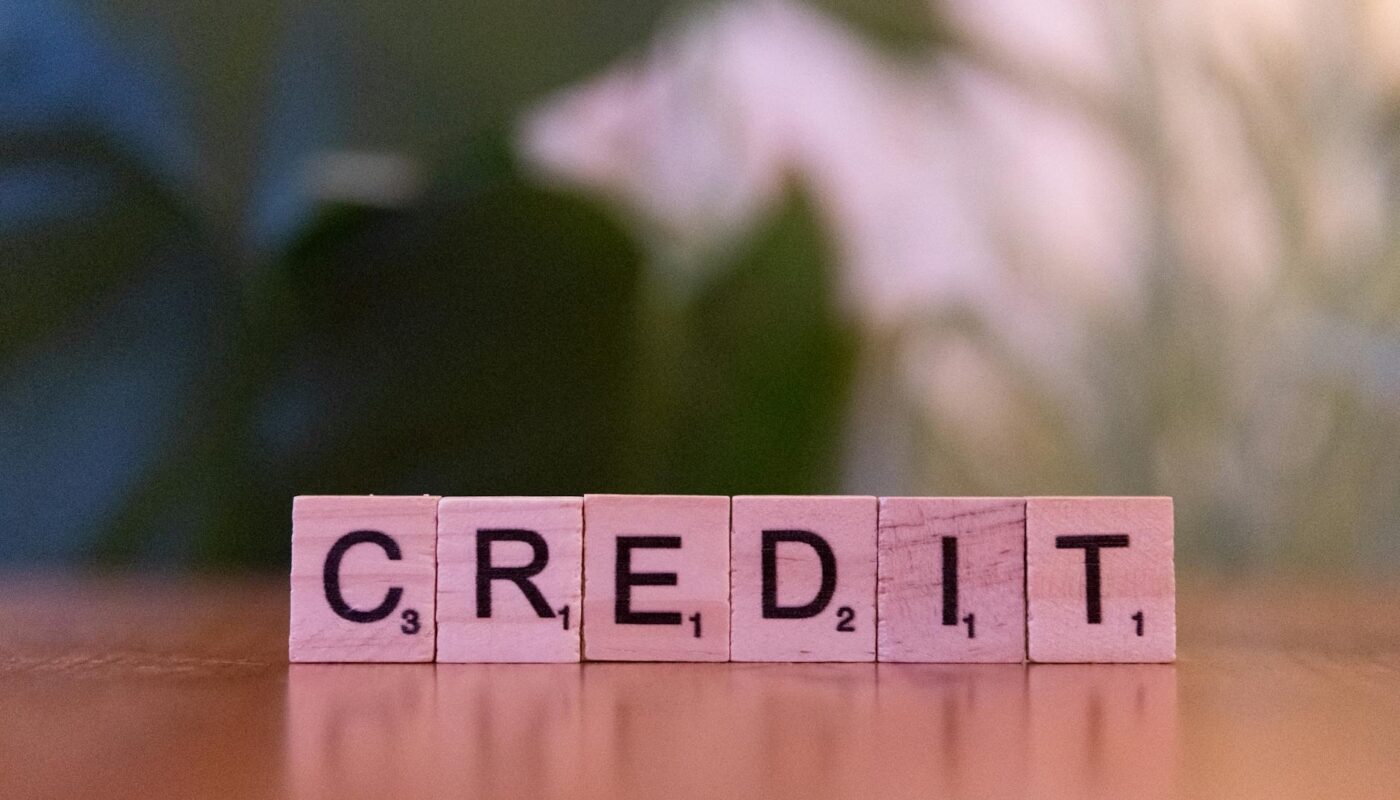Understanding your credit and credit score is crucial for navigating the financial world. A good credit score opens doors to lower interest rates on loans, better insurance premiums, and even better job opportunities. This post will demystify credit and credit scores, empowering you to take control of your financial future.
What is Credit?
Credit represents the trust extended by lenders to borrowers. It’s essentially borrowing money with the promise to repay it according to agreed-upon terms. This could involve credit cards, loans, mortgages, or even utility bills. Every time you use credit, it gets reported to credit bureaus, shaping your credit history. 
How is a Credit Score Calculated?
Your credit score is a numerical representation of your creditworthiness. Several factors contribute to your score, including payment history (the most important!), amounts owed, length of credit history, new credit, and credit mix. Understanding how these factors affect your score allows you to make informed decisions. Learn more about improving your credit score.
The Importance of a Good Credit Score
A good credit score is essential for accessing favorable financial products. A higher score often translates to lower interest rates on loans, saving you thousands of dollars over the life of a loan. It can also improve your chances of approval for mortgages, car loans, and even renting an apartment. 
Improving Your Credit Score
If your credit score needs improvement, there are steps you can take. Paying your bills on time is paramount. Keeping your credit utilization low (the amount you owe compared to your available credit) is also crucial. You can also check your credit report for any errors and dispute them with the credit bureaus. Consider using a credit monitoring service to track your score. Explore credit monitoring services.
Common Credit Myths Debunked
Many misconceptions surround credit scores. For example, checking your credit score doesn’t negatively impact it. Additionally, having a mix of credit accounts (credit cards and loans) can be beneficial. Learn more about credit myths.
Credit Reports and Bureaus
Your credit report is a detailed record of your credit history, compiled by credit bureaus like Experian, Equifax, and TransUnion. You’re entitled to a free copy of your credit report annually from each bureau. Regularly reviewing your report helps you identify any inaccuracies or fraudulent activity. [IMAGE_3_HERE] Access your free credit report here.
Taking control of your credit is an investment in your financial well-being. By understanding your credit score and taking proactive steps, you’ll pave the way for a brighter financial future. Start building your credit today.
Frequently Asked Questions
What is a good credit score? Generally, a credit score above 700 is considered good, while scores above 800 are excellent. However, lenders have their own scoring models and standards.
How often is my credit score updated? Credit scores are typically updated several times a month, reflecting your recent credit activity.
Can I improve my credit score quickly? While there’s no magic bullet, consistent responsible credit behavior will gradually improve your score over time.
What happens if I have a low credit score? A low credit score can limit your access to credit and result in higher interest rates on loans and other financial products.
Where can I find more information about credit scores? You can find reliable information on credit scores from reputable financial institutions and government websites. Explore reputable financial websites.



